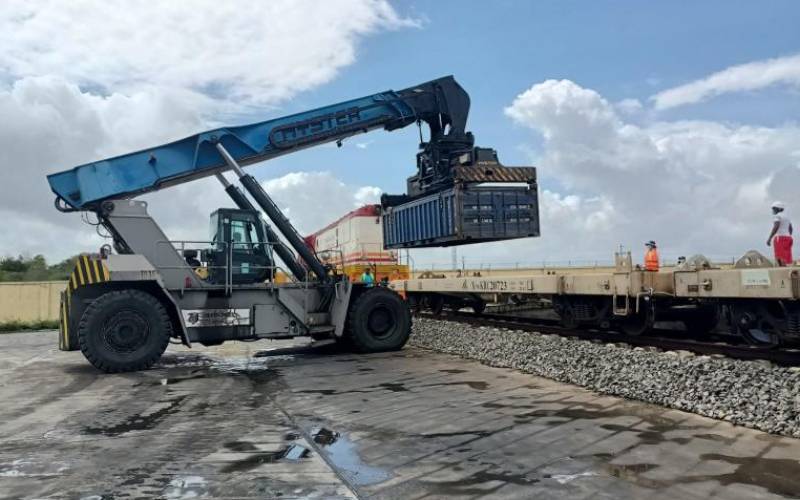×
The Standard e-Paper
Stay Informed, Even Offline

Locally produced clinker is 30 per cent cheaper compared to imports. [Courtesy]
The cost of locally produced clinker is substantially cheaper when compared to imports.